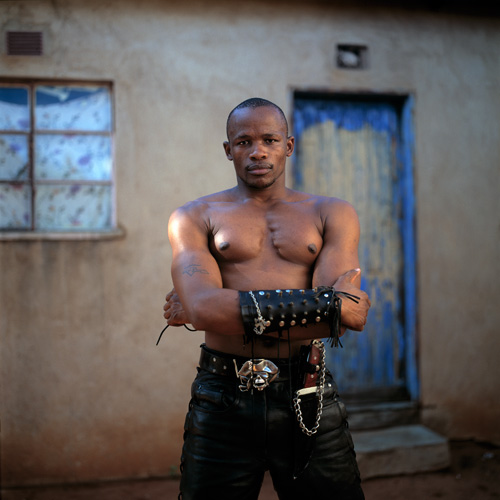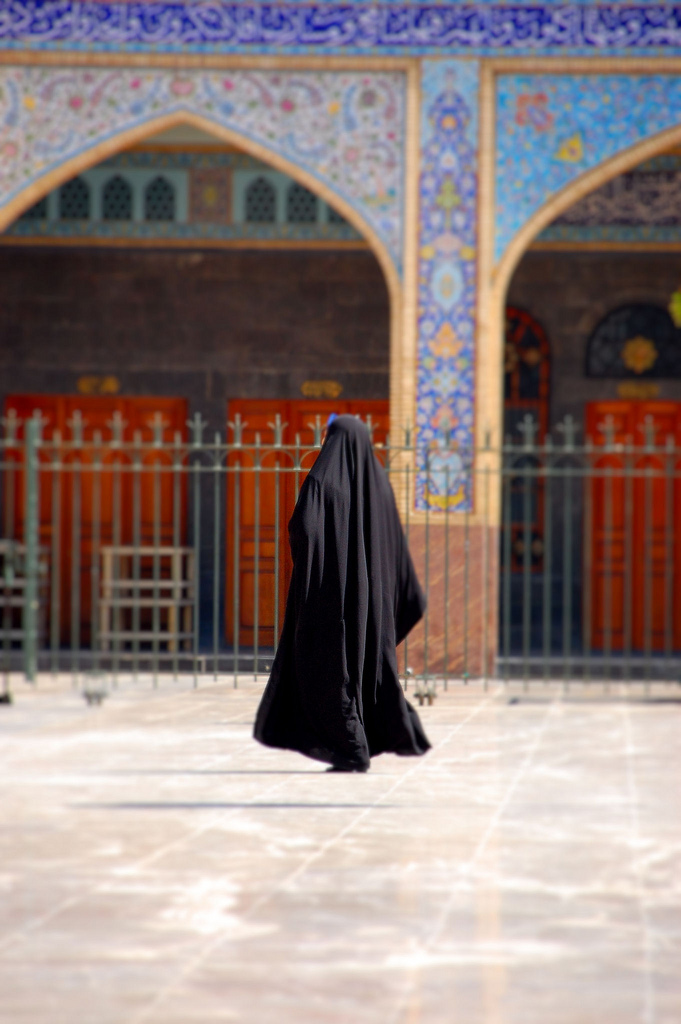In the northern coastal region and islands of Mozambique, it’s common to come across women with faces covered with a natural white mask, called mussiro or n’siro. The purpose of the mask seems to have evolved over time. Nowadays it tends to be considered more as a means of beautifying the skin but, according to oral accounts, mussiro masks used to carry other subliminal messages related to the civil status of women.
Matope Jose, writing for the local Mozambican blog Mozmaníacos, sheds some light on its historical tradition: “The Nampula province is traditionally known as the land of muthiana orera (simply beautiful ladies). The women from that region of the country have a technique that is particular to them: they treat the skin from an early age, using a sought-after forest species called mussiro, a plant that by law must be preserved and multiplied, and that is used more generally by communities to cure various diseases, as well as for decorative purposes.”

In a video by Julio Silva, women from Angoche explain how the tradition has been passed down to today’s generation from their grandparents, and they show how the cream is extracted from the Olax dissitiflora plant using a stone and some water:
“This is the plant that we, as mussiros, use on our faces. It is what you can see on my face, that’s the plant.
I am Fátima, from Angoche. This mussiro, our grandparents first used it to show when a girl was a virgin. Then she would enter a house. They painted themselves with this mussiro to become white, until a boy came along who they fell in love with and married; only afterwards did they stop using the mussiro. Only afterwards, they use the mussiro like this, when someone is outside, in order to be white, to make their faces beautiful. This is mussiro. The plant is in the forest. While we usually go and meet our husbands, the great grandparents go and cut it and start selling it.”
According to Baia magazine, although mussiro was traditionally used by virgins or by women whose husbands were away, its usage has changed over time: “Nowadays, this paste is widely used and has been “liberalised” for all women, from the north to south of the country, so that it can be used not only by the Makwa or Makonde women, but also by the Manhungue, Machuabo, Maronga, Machope, Matswa, etc. It is already considered to be a beauty treatment used by all women especially concerned with African feminine beauty. Some designers are expecting their models to use this “Afro paste” on major catwalks, as they do at Mozambique Fashion Week.”
This post by Sara Moreira was originally published on Global Voices Online.




